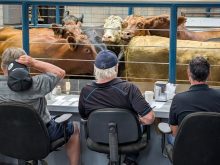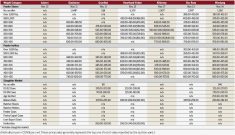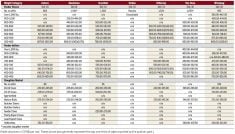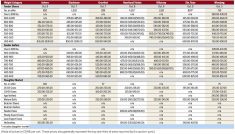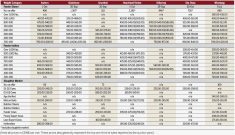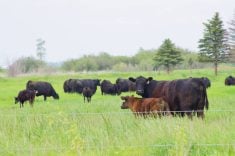They’re still finding homegrown BSE cases in Canada nearly eight years after the first one occurred. Canada’s latest case of BSE involves a 77-month-old dairy cow in Alberta, the Canadian Food Inspection Agency confirmed.
The case was detected Feb. 18. As of last week, CFIA had yet to post it on its website. The agency said it would do so March 10 as part of its monthly reportable diseases update. Since Aug. 2009, CFIA has not notified the public or media of a new case of BSE as soon as it is discovered.
Read Also
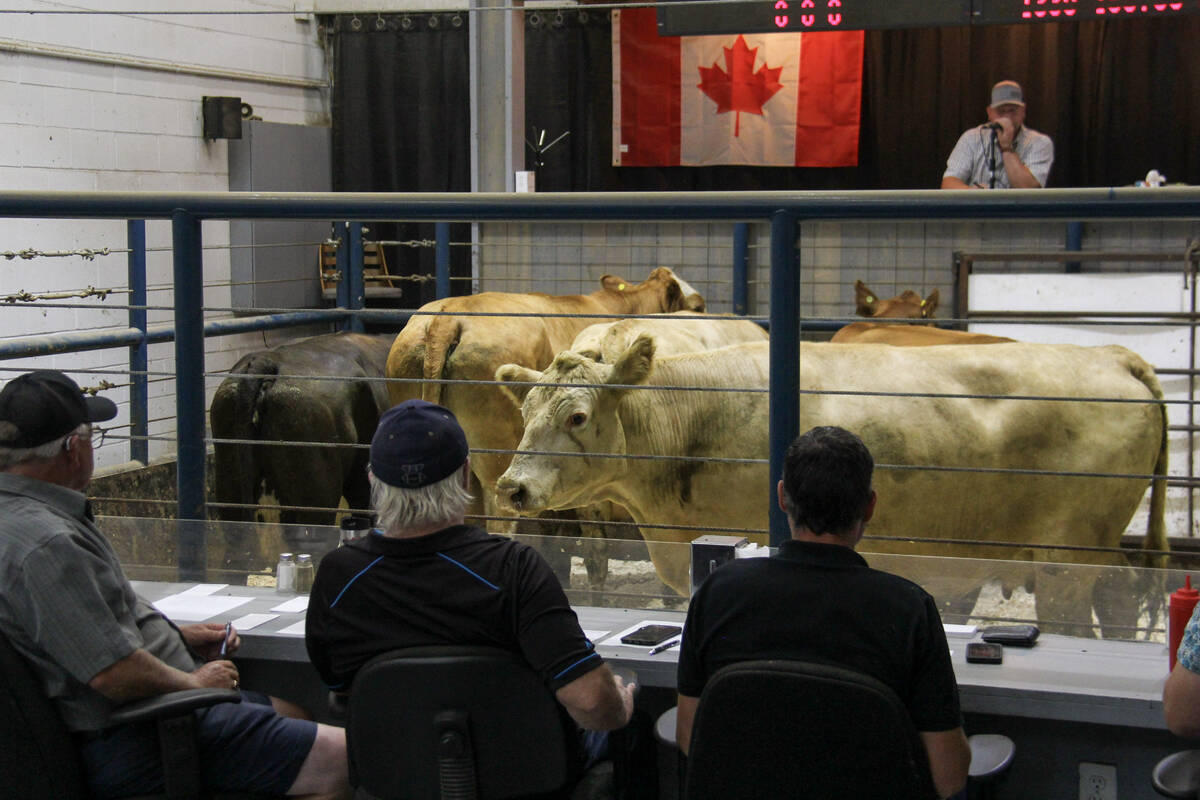
Manitoba cattle prices, Feb. 25
Your weekly table of price ranges for beef cattle from seven Manitoba auction markets during the week ending Feb. 24, 2026.
CFIA gave no further details about the latest case except to say in an email that the cow’s birth farm has been identified and “the age and location of the infected animal are consistent with previous cases detected in Canada.”
The agency said no part of the infected animal’s carcass entered the human food or animal feed chain.
It said the case was detected through the national BSE surveillance program.
A total of 18 cases of BSE have been discovered in Canada since the first one in May 2003. There have been 13 cases in Alberta, four in British Columbia and one in Manitoba.
It’s been one week shy of a full year since the last BSE incident was reported. That one involved a 71-month-old beef cow in Alberta on Feb. 25, 2010.
John Masswohl, director of government and international relations for the Canadian Cattlemen’s Association, said it’s not surprising to see BSE cases still popping up occasionally. In fact, it’s expected. What’s encouraging is that incidents are increasingly less frequent and spaced farther apart, he said.
That’s particularly so in the United Kingdom, where tens of thousands of cases of BSE occurred annually at peak around 1992. Last year, the U.K. reported 11 cases. In 2009, there were 12.
The decline in the number of cases is due to BSE control measures, including a ban on feeding meat and bone meal, suspected of containing BSE-infected material, to cattle. Canada implemented such a ban in 1997.
However, BSE can have an incubation period of 20 years or more, which is why cases still show up today.
Masswohl said the latest case will probably not affect Canada’s international trade in beef. Countries have gradually reopened their borders to Canadian beef after closing them in 2003.
The only exceptions are nations such as South Korea which have still not normalized beef imports from Canada. They may use this case as an excuse to delay normalization a little longer, Masswohl said.
Canada is a controlled BSE risk country as recognized by the OIE, the world organization for animal health.
As for reaction from the U.S., there hasn’t been any so far. Masswohl said he gave American industry groups a heads-up by email when he heard about the latest case. They acknowledged but, as of last week, had made no other comment, he said. [email protected]


